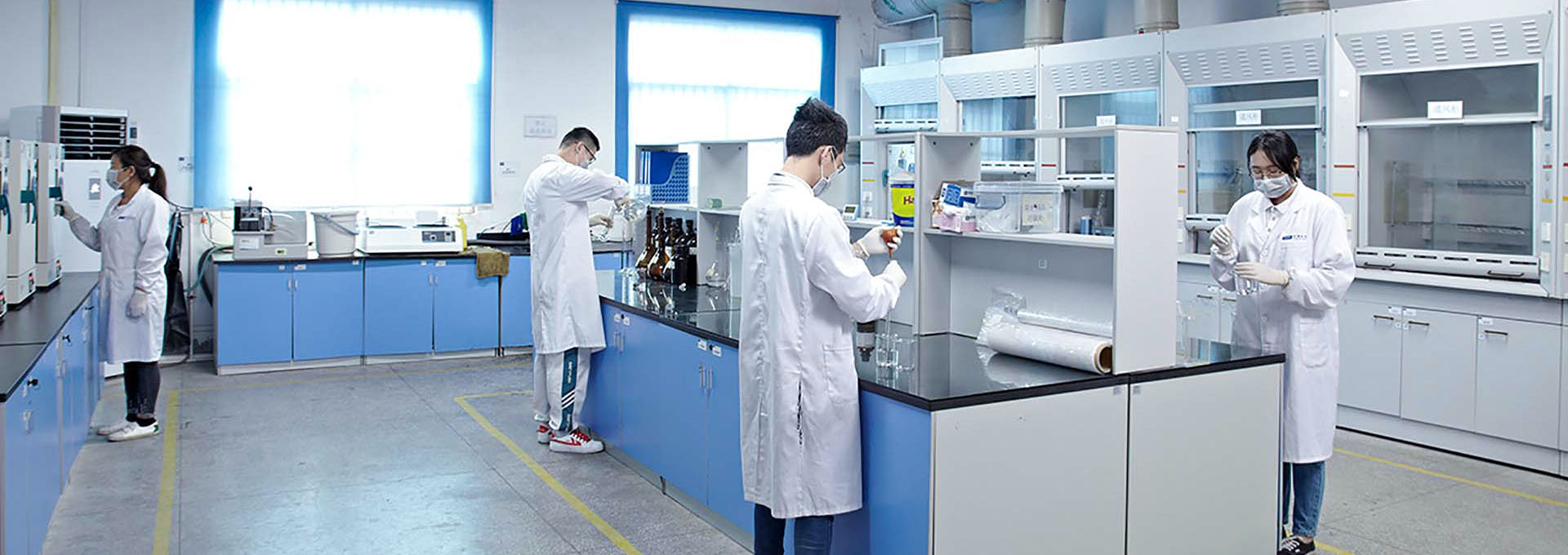Lab Overview
Anbotek has many years of professional technical research and testing experience in the field of food contact materials. The fields recognized by CNAS and CMA cover the current safety control requirements of food contact materials worldwide, focusing on the safety of food contact materials in countries and regions around the world. Control and interpretation of national/regional regulations and standards for food contact materials. Currently, it has the testing and consulting services capabilities of dozens of countries in the world, and can be exported to China, Japan, Korea, the European Union and its member states (such as France). , Italy, Germany, etc.), the United States and other countries, food contact materials manufacturers provide one-stop testing and certification services.
Laboratory Capabilities Introduction
Product Category
• Tableware: cutlery, bowls, chopsticks, spoons, cups, saucers, etc.
• Kitchenware: pots, shovel, chopping board, stainless steel kitchen utensils, etc.
• Food packaging containers: various food packaging bags, beverage food containers, etc.
• Kitchen appliances: coffee machine, juicer, blender, electric kettle, rice cooker, oven, microwave oven, etc.
• Children's products: baby bottles, pacifiers, baby drinking cups, etc.
Standard Test
• EU 1935/2004/EC
• US FDA 21 CFR Part 170-189
• Germany LFGB Section 30&31
• Italy Ministerial Decree of 21 March of1973
• Japan JFSL 370
• France DGCCRF
• Korea Food Hygiene Standard KFDA
• China GB 4806 series and GB 31604 series
Test Items
• Sensory test
• Full migration (evaporation residue)
• Total extraction (chloroform extractables)
• Potassium permanganate consumption
• Total amount of organic volatiles
• Peroxide value test
• Fluorescent substance test
• Density, melting point and solubility test
• Heavy metals in colorants and decolorization test
• Material composition analysis and coating specific metal migration test
• Heavy metal release (lead, cadmium, chromium, nickel, copper, arsenic, iron, aluminum, magnesium, zinc)
• Specific migration amount (melamine migration, formaldehyde migration, phenol migration, phthalate migration, hexavalent chromium migration, etc.)









